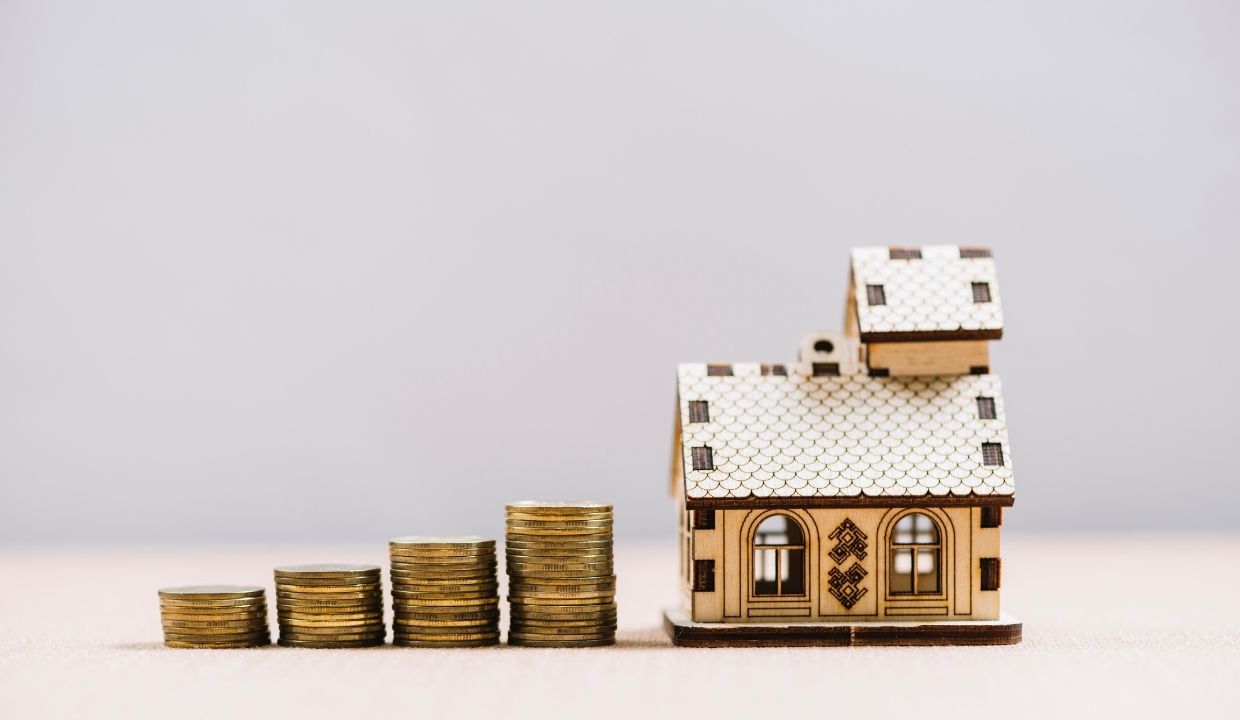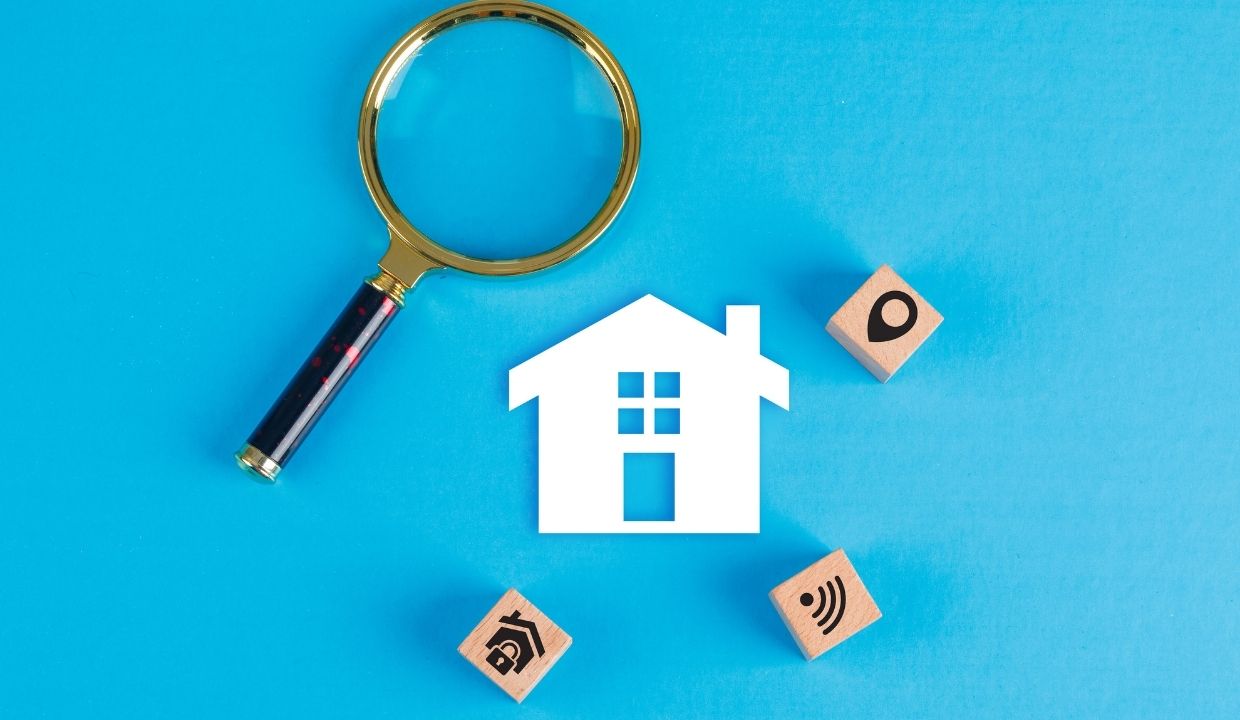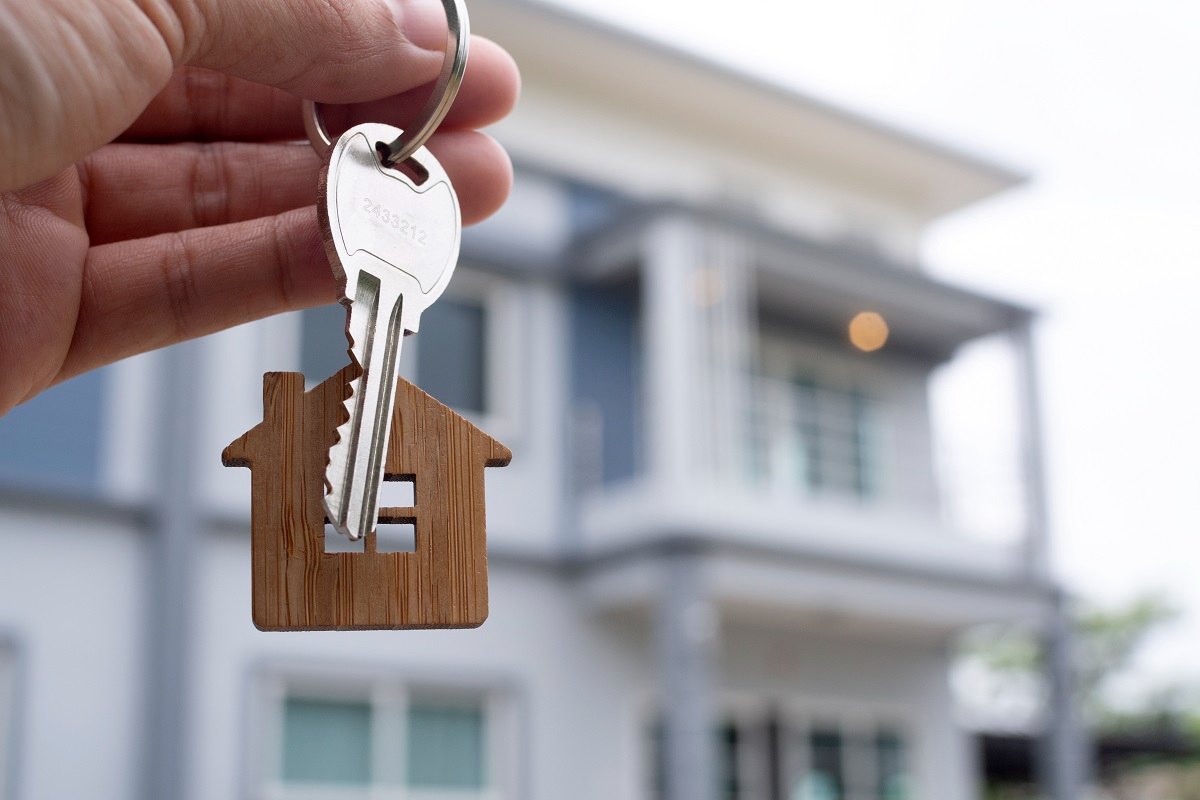Conditions for Foreigners When Buying Houses in Vietnam


Buy Property Lawyers in Vietnam
With open-door policies and a stable socio-economic situation, Vietnam is one of the countries with great attraction to foreign investors. There are many foreign individuals and organizations come to Vietnam to live and work and a number of foreigners or foreign organizations wish to buy houses or apartments. Many real estate developers also wish to expand the customers base through selling houses and apartments to foreigners in Vietnam.
However, according to current law, foreigners or foreign organizations can buy houses and apartment in Vietnam; and real estate developers could sell houses and apartments in Vietnam but must meet some conditions.
First of all, to be able to buy a house in Vietnam, foreign individuals and organizations must be one of the subjects that can own houses in Vietnam. Specifically, foreign organizations and individuals that are allowed to own houses in Vietnam include: (i) foreign organizations and individuals investing in housing construction under projects in Vietnam; (ii) foreign-invested enterprises, branches, representative offices of foreign enterprises, foreign investment funds and foreign bank branches operating in Vietnam; (iii) foreigners whom are allowed to enter Vietnam. Accordingly, to be able to buy a house in Vietnam, these subjects must prove that they fully meet the conditions prescribed by law.
Specifically, foreign organizations and individuals investing in housing construction under projects in Vietnam must have an Investment Certificate and have houses built in the project according to regulations. For foreign organizations, they must set up company in Vietnam, have an investment certificate or a document related to being allowed to operate in Vietnam, issued by a competent Vietnamese state agency. Foreign individuals must be subject to permission to enter Vietnam and not be entitled to diplomatic and consular privileges and immunities.
Besides, depending on each different object, the documents proving the object and conditions for owning a house in Vietnam vary. For a foreign individual, s/he must have a valid passport with an entry verification stamp of the exit and entry management agency of Vietnam and not be eligible for special privileges and immunities. On the other hand, for foreign organizations, they must be eligible to own houses and have an Investment Registration Certificate or a document authorized by a competent Vietnamese agency to operate in Vietnam. In addition, these individuals and organizations should note that these documents must be valid at the time of signing the housing transactions.
Therefore, if organizations and individuals meet the above conditions, foreign individuals and organizations can purchase houses in Vietnam. However, it should be noted that foreign individuals can only own houses in Vietnam in the form of apartments or separate houses in an investment project to build commercial housing.
In addition, foreigners are also not allowed to purchase houses in areas that are subject of national defense and security under Vietnamese law. Further, foreign organizations and individuals are also limited in the number of ownership. Accordingly, foreign organizations and individuals are only allowed to own no more than 30% of the total number of apartments in an apartment building, and no more than 10% for an individual housing project of less than 2,500 units.
In general, purchasing houses for foreign individuals and organizations are subject to complicated legal conditions. Therefore, in order to ensure that the purchase of housing in Vietnam is in accordance with the regulations and to limit the risks arising, relevant individuals and organizations need to learn and seek legal advice and support from real estate lawyers in Vietnam.


How to Buy Apartment in Vietnam?


Can Foreigner Authorize Other Person to Perform Transfer of Properties in Vietnam?


Why Client Should Retain Real Estate Lawyers in Vietnam?


What Are New Conditions on Real Estate Purchase and Sale in 2022?
What Are Real Estate Transaction Conditions for Buyer and Seller in Vietnam?
How ANT Lawyers Could Help Your Business?
You could learn more about ANT Lawyers Real Estate or contact our lawyers in Vietnam for advice via email ant@antlawyers.vn or call our office at +84 28 730 86 529
Recent Posts
5 Crucial Facts About ESG Laws in Vietnam That Could Save Your Business and Reputation
The Business World Is Changing Fast Rules are shifting. Expectations are rising. Eyes are watching. …
7 Powerful Reasons Why ESG Compliance in Vietnam Will Win You Trust, Growth, and Global Clients
Trust matters. Today, more than ever. Across industries, many companies are now being asked. directly…
7 Bold Reasons Why Tokenization in Vietnam Could Transform Your Future
Change is coming. Quietly. Digitally. Rapidly. Let’s imagine the situation, which assets are no longer…
Vietnam P2P Lending: 5 Bold Reasons Why Decree 94/2025 Could Empower Millions or Backfire?
A New Financial Chapter Begins in Vietnam One person lends. Another borrows. It’s that simple.…
5 Essential Lessons from Risk Management in Digital Assets in Vietnam: Protecting Trust in a Digital World
Trust Is the Real Currency Money can be lost. Tokens can vanish. Platforms can crash.…
5 Powerful Reasons Why Vietnam Digital Asset Sandbox Is a Bold and Hopeful Move for Innovation
Change is fast. Rules are slow. But innovation can’t wait. As digital assets grow, so…


